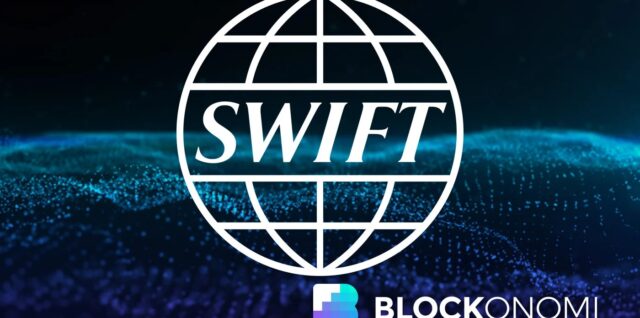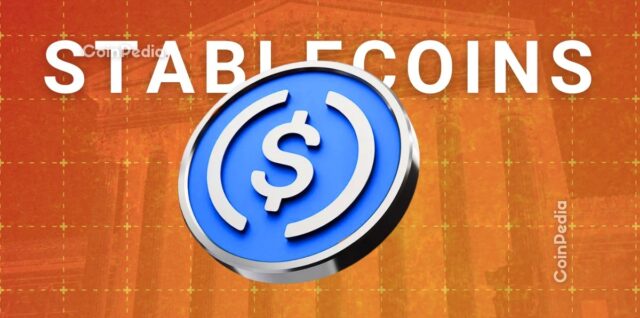
The post SWIFT Trials Blockchain Payments, Introducing Competition for Ripple appeared com. TLDR SWIFT is testing blockchain-based transactions using Ethereum Layer 2 platform Linea. The pilot involves major banks including BNP Paribas and BNY Mellon. SWIFT aims to reduce costs and enhance transparency by combining payment instructions and settlement in one on-chain transaction. The pilot could challenge Ripples cross-border payment model by offering a blockchain-based solution for banks. SWIFT is exploring stablecoins and interbank tokens as part of its blockchain pilot. SWIFT has selected Ethereum Layer 2 platform Linea to test blockchain-based transactions, signaling a challenge to Ripple. The pilot project involves major banks, including BNP Paribas and BNY Mellon. It aims to move SWIFTs messaging system on-chain, providing real-time monitoring and cost reductions. SWIFTs Blockchain Trial with Linea SWIFT, the world’s largest interbank messaging network, is conducting a blockchain trial on Linea. The platform, developed by ConsenSys, enhances Ethereums scalability and privacy. SWIFT aims to improve payment systems by combining payment instructions and settlement into one on-chain transaction. The trial targets operational efficiency, compliance, and confidentiality. It also promises to reduce payment costs. With SWIFT linking over 11, 000 financial institutions globally, this project could reshape cross-border transactions. All our information is available in our article Gregory Raymond (@gregory_raymond) September 26, 2025 SWIFT’s exploration of blockchain technology is a significant move. According to SWIFT executive Tom Zschach, banks will favor regulated stablecoins and tokenized deposits. This pilot offers a potential alternative to Ripple’s system, which has been gaining traction for cross-border payments. Ripple Faces New Competition from SWIFT Ripple, a long-time challenger to SWIFT, may face increased competition with this pilot. The blockchain network is known for its low fees and fast transaction times. SWIFTs move into blockchain could threaten Ripple’s position in the payments sector. Ripples model already uses tokenized messaging and settlement, reducing reliance on SWIFTs infrastructure. However, SWIFTs. Continue reading SWIFT Trials Blockchain Payments, Introducing Competition for Ripple→



